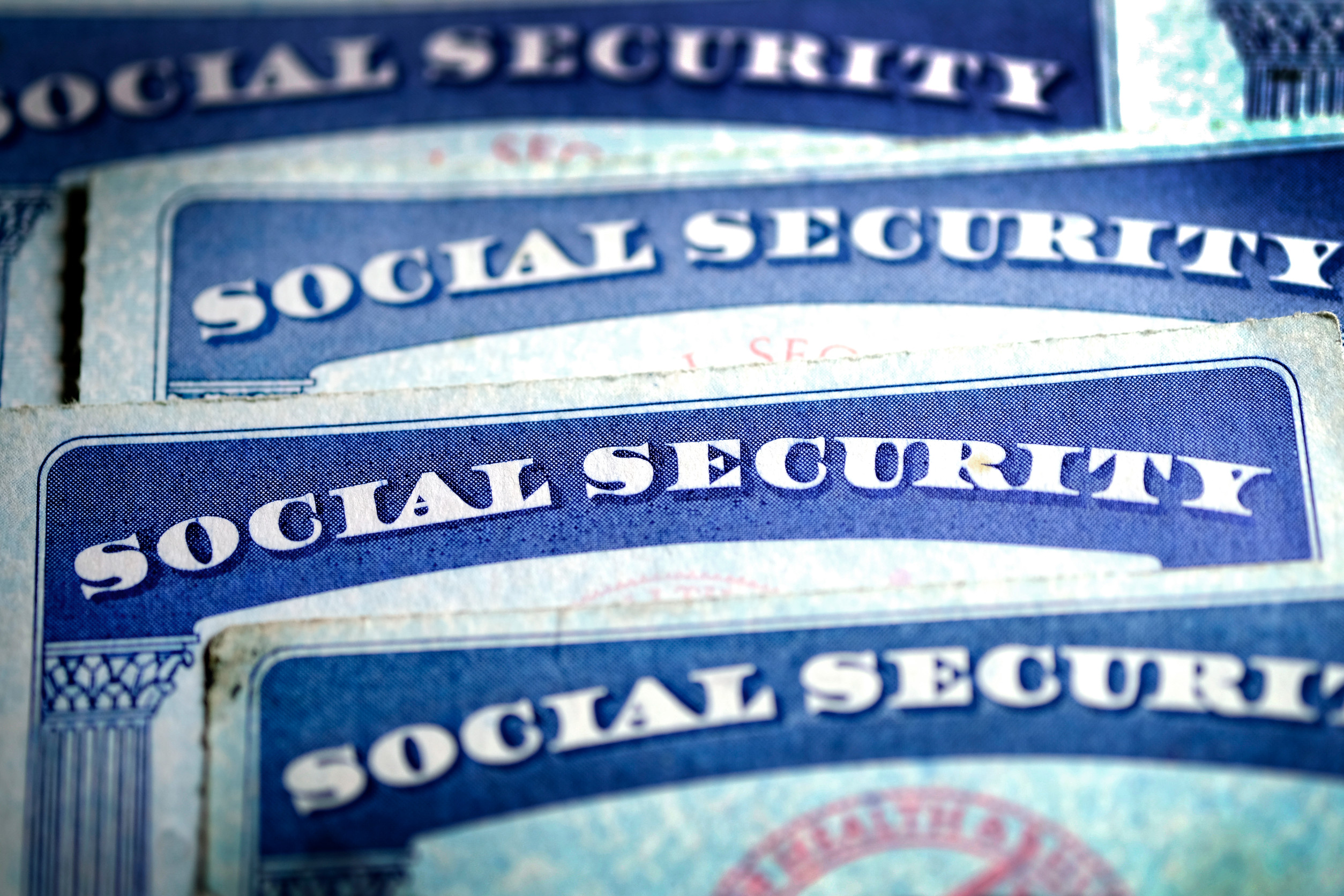
Social Security is a lifeline for millions of Americans. You work for decades, pay into the system, and expect a steady check in retirement. But there’s a rule that can cut your Social Security check overnight, and most people don’t see it coming. This isn’t about complicated formulas or rare exceptions. It’s a rule that affects regular people, sometimes with little warning. If you’re planning your retirement, you need to know how this rule works and what you can do to protect your Social Security benefits.
Here’s what you need to know about the hidden rule that can shrink your Social Security check, and how to avoid getting caught off guard.
1. The Earnings Test: How Working Can Reduce Your Social Security Check
The Social Security earnings test is the hidden rule that can shrink your check overnight. If you claim Social Security before your full retirement age and keep working, Social Security may withhold part of your benefits. This rule surprises many people who think they can collect their check and keep working without penalty.
Here’s how it works. If you’re under your full retirement age, Social Security sets an annual earnings limit. In 2025, that limit is $22,320. If you earn more than that, Social Security will withhold $1 from your check for every $2 you earn above the limit. That means your check can drop fast if you work even a little bit over the threshold. Once you reach full retirement age, the earnings test goes away, and you can earn as much as you want without losing benefits.
This rule can catch you off guard if you take a part-time job, freelance, or even sell items online. The reduction isn’t permanent, but it can leave you with a much smaller check for months or even years.
2. Full Retirement Age: Why Timing Matters
Your full retirement age (FRA) is the age when you can claim your full Social Security benefit. For most people today, that’s between 66 and 67, depending on your birth year. If you claim before your FRA, the earnings test applies. If you wait until your FRA, you avoid the earnings test and get your full benefit.
Many people claim early because they need the money or worry about missing out. But if you plan to keep working, claiming early can shrink your Social Security check. The earnings test only applies until you reach your FRA. After that, you can work as much as you want, and your check won’t be reduced.
Knowing your FRA and planning when to claim can help you avoid a sudden drop in your Social Security income. It’s a simple step, but it can make a big difference.
3. What Counts as “Earnings” Under the Rule
Not all income counts toward the Social Security earnings test. The rule only applies to “earned income,” like wages from a job or self-employment. Pensions, investment income, and withdrawals from retirement accounts don’t count.
But here’s where it gets tricky. Some types of work, like consulting or gig jobs, can count as earned income even if you don’t think of them as a regular job. If you’re not sure what counts, check your pay stubs or talk to a Social Security representative. It’s easy to misjudge and end up with a smaller check.
If you’re planning to work after claiming Social Security, keep careful records. Make sure you know what income counts and what doesn’t. That way, you can avoid surprises.
4. How Withheld Benefits Are Paid Back
If Social Security withholds part of your check because of the earnings test, the money isn’t gone forever. Once you reach your full retirement age, Social Security recalculates your benefit. They add back the months when your check was reduced, which can increase your monthly payment going forward.
But here’s the catch: you don’t get a lump sum. The increase is spread out over your remaining years. If you needed that money now, waiting for a higher check later may not help. And if you don’t live long enough, you may never get all the withheld money back.
This is why it’s important to plan ahead. If you know you’ll keep working, it might make sense to delay claiming Social Security until you reach your FRA.
5. Planning Ahead: How to Avoid a Shrinking Check
The best way to avoid a sudden drop in your Social Security check is to plan. Know your full retirement age. Estimate your earnings if you plan to work. Use the Social Security Administration’s Retirement Earnings Test Calculator to see how your check could be affected.
If you’re close to the earnings limit, consider cutting back on work or delaying Social Security. If you need to work, try to keep your earnings below the limit until you reach your FRA. Small changes can make a big difference in your monthly income.
Don’t Let the Earnings Test Catch You Off Guard
The Social Security earnings test is a rule that can shrink your check overnight. It’s not well known, but it affects thousands of people every year. If you plan to work and claim Social Security before your full retirement age, you need to know how this rule works. Planning ahead can help you keep more of your money and avoid surprises.
Have you ever been surprised by the Social Security earnings test? Share your story or tips in the comments below.
Read More
How to Take Care of Yourself Now for a Healthier Later Life
The Biggest Money Mistakes We Make by Age Group
The post The Hidden Rule That Can Shrink Your Social Security Check Overnight appeared first on Budget and the Bees.







